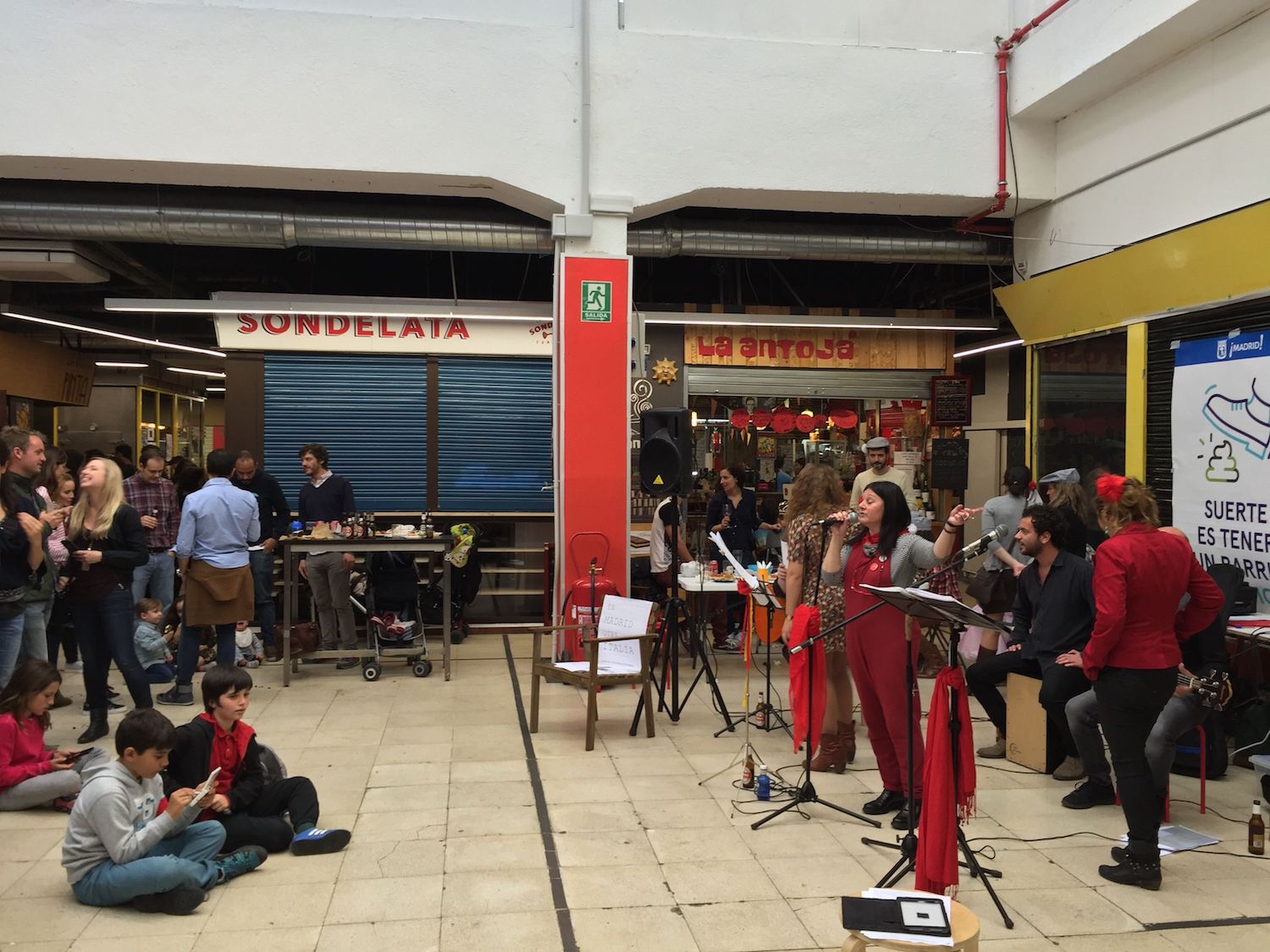
No single recipe to revive markets
Over the past decade, market halls and open air food markets have become an important arena for urban regeneration. Although many of today’s European cities

Over the past decade, market halls and open air food markets have become an important arena for urban regeneration. Although many of today’s European cities
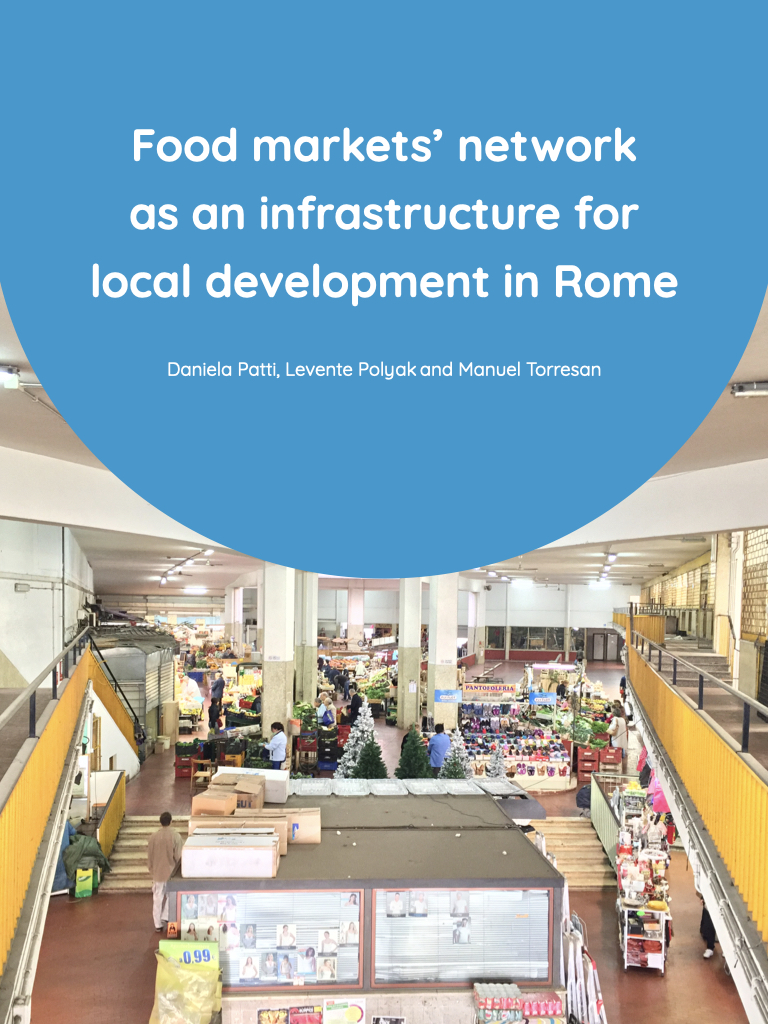
This paper investigates the central role of markets in the food distribution system in Rome and their role on neighbourhoods as a local service. Firstly, an overview of the current food distribution patterns in European cities and the role that public food markets play in it is provided. The article then delves into the case study of local food markets in Rome, looking into their role in supporting local food distribution, offering local services in public assets, creating employment and ultimately affecting the neighbourhoods they are located in.
Authors: Daniela Patti, Levente Polyak, Manuel Torreson
Publication date: 2022
Published by: Eutropian GmbH, Vienna, Austria; Department of Planning, Design, and Technology of Architecture, Sapienza Università di Roma, Rome, Italy

With public spaces being created by the interaction of various social groups, marketplaces have traditionally constituted some of the most important public spaces, attracting people from
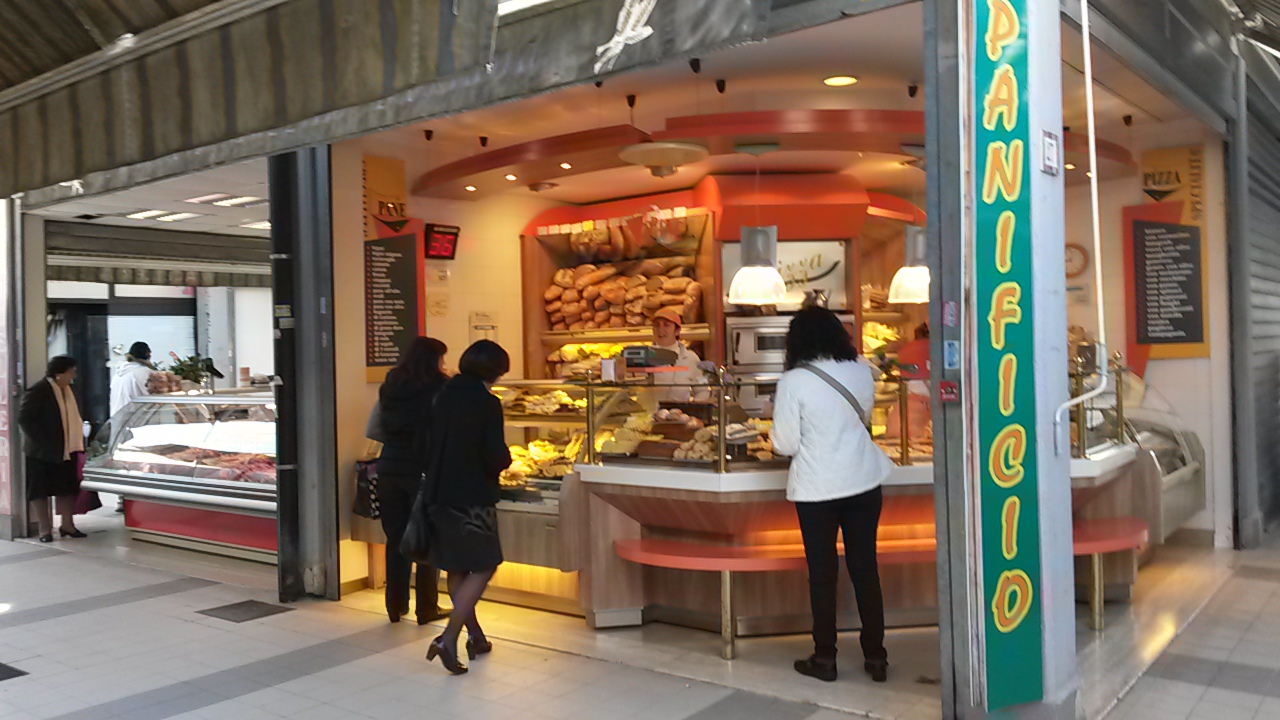
ANVA, the National Association for Commerce on Public Areas, is a professional association that gathers workers operating on commercial public areas. ANVA is counted among

Anna Maria Bianchi is the president of the association “carteinregola”, an initiative aimed at promoting collaboration between citizens and committees as well as other associations
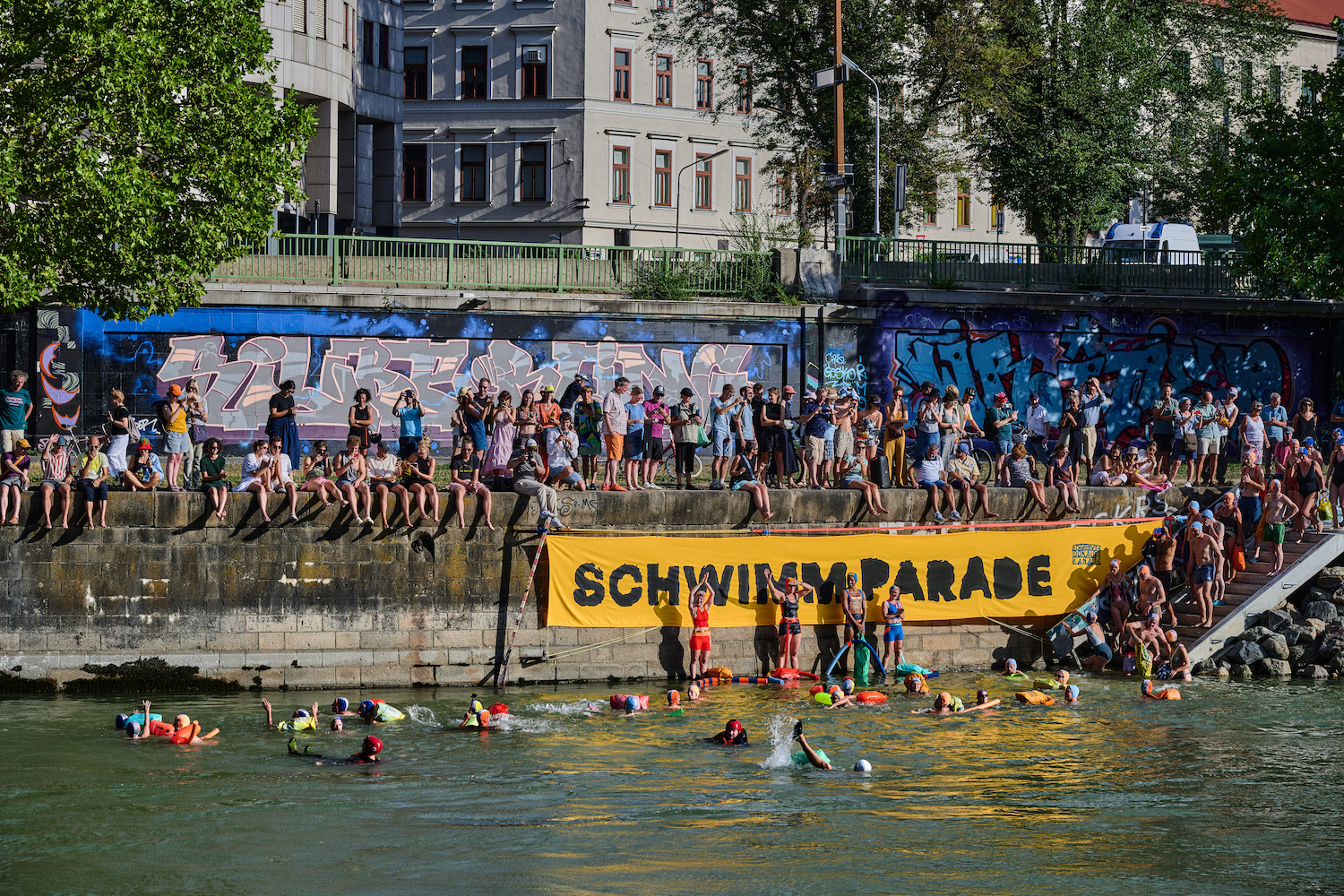
The Schwimmverein Donaukanal (SVDK) exemplifies how social design can transform urban environments through community engagement. The initiative began as a small social design research project
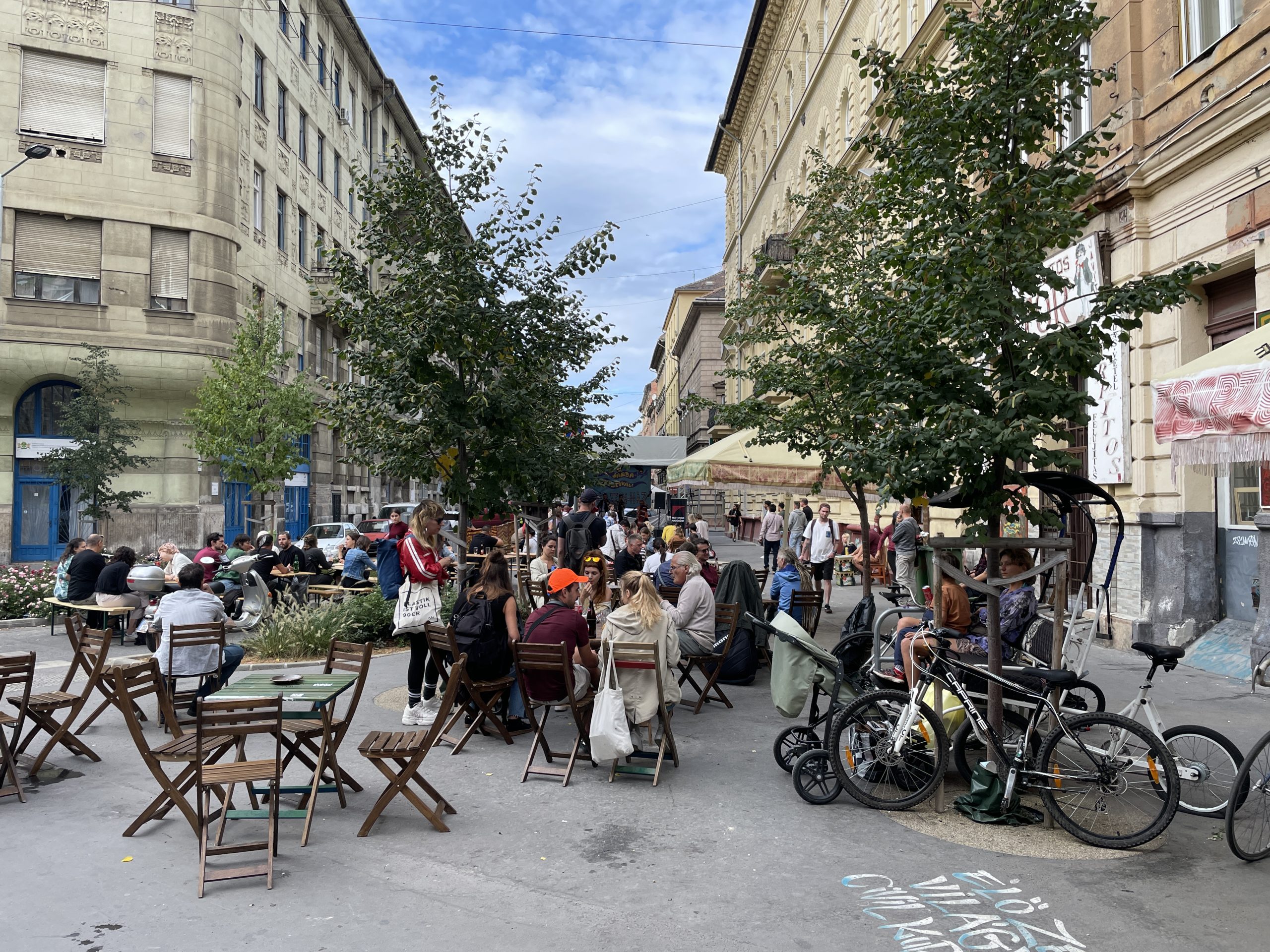
I’m walking down Budapest’s Népszínház Street. Leaving behind Blaha Lujza Square, one of the city’s major public transportation hubs, I’m entering Józsefváros, a district that
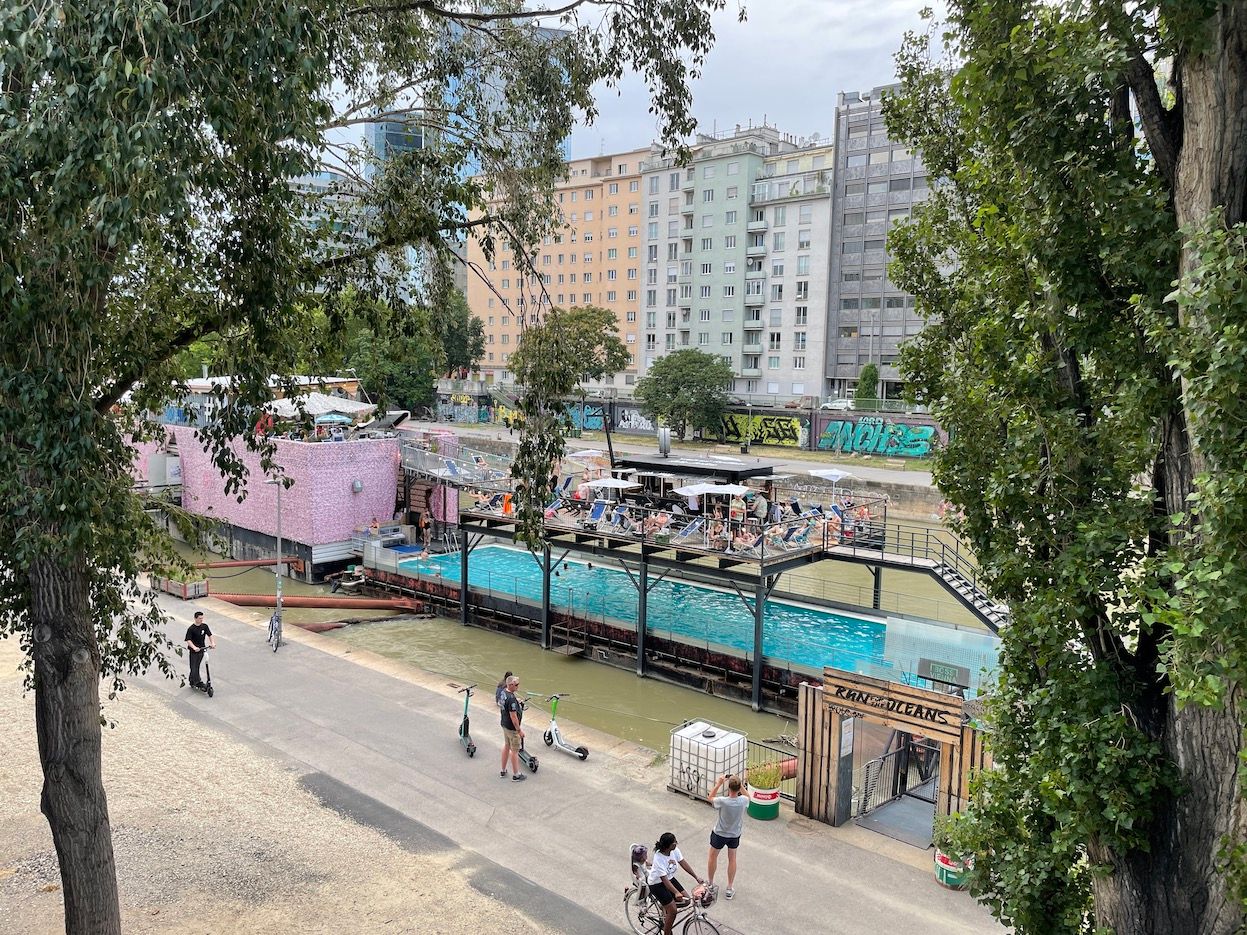
What makes a public space truly belong to the people who use it? Can design empower communities or does it risk excluding them? Is placemaking
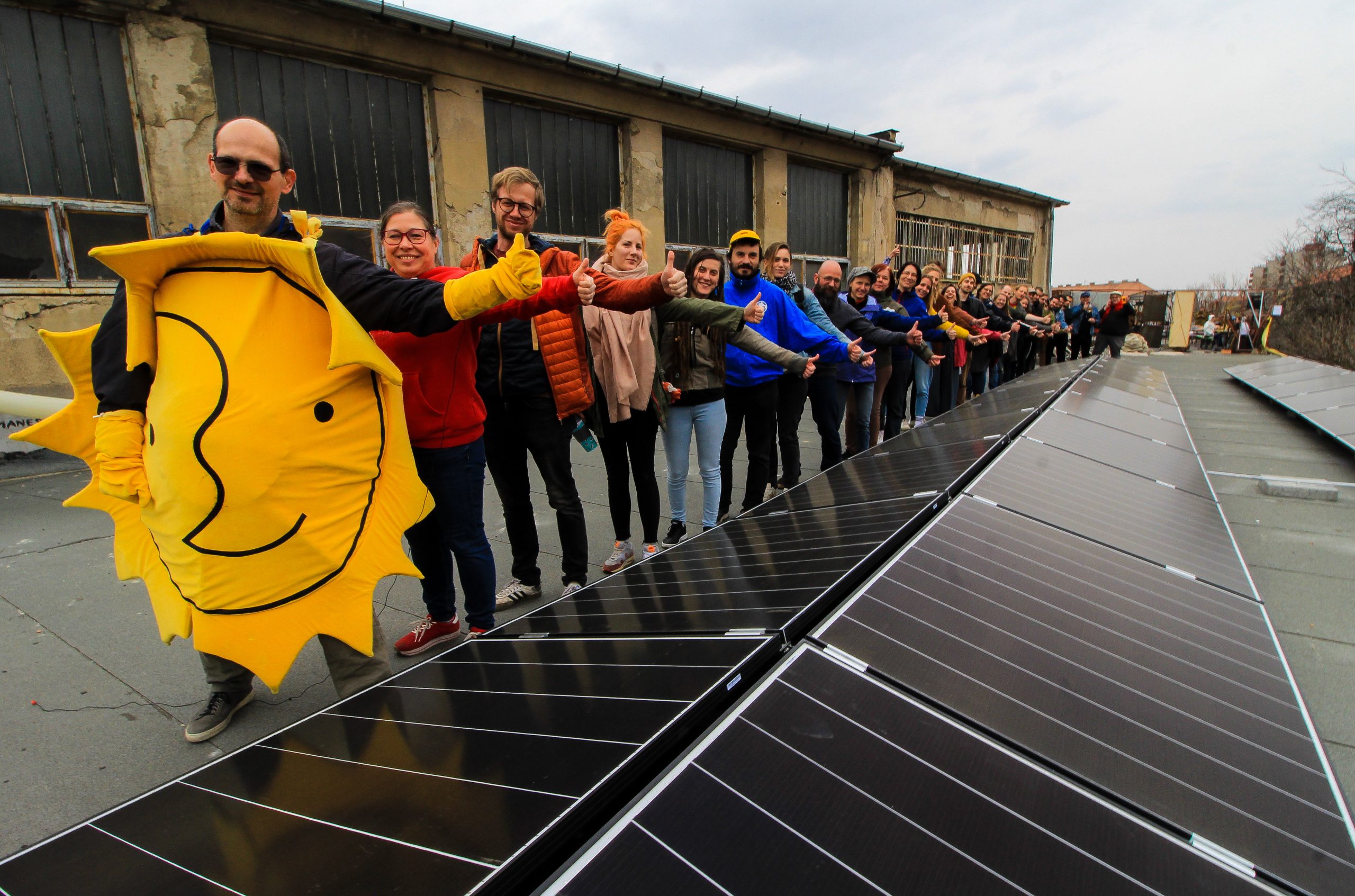
Energy transition offers major structural changes to energy supply and consumption in our energy system in order to limit climate change. Especially after the breakout
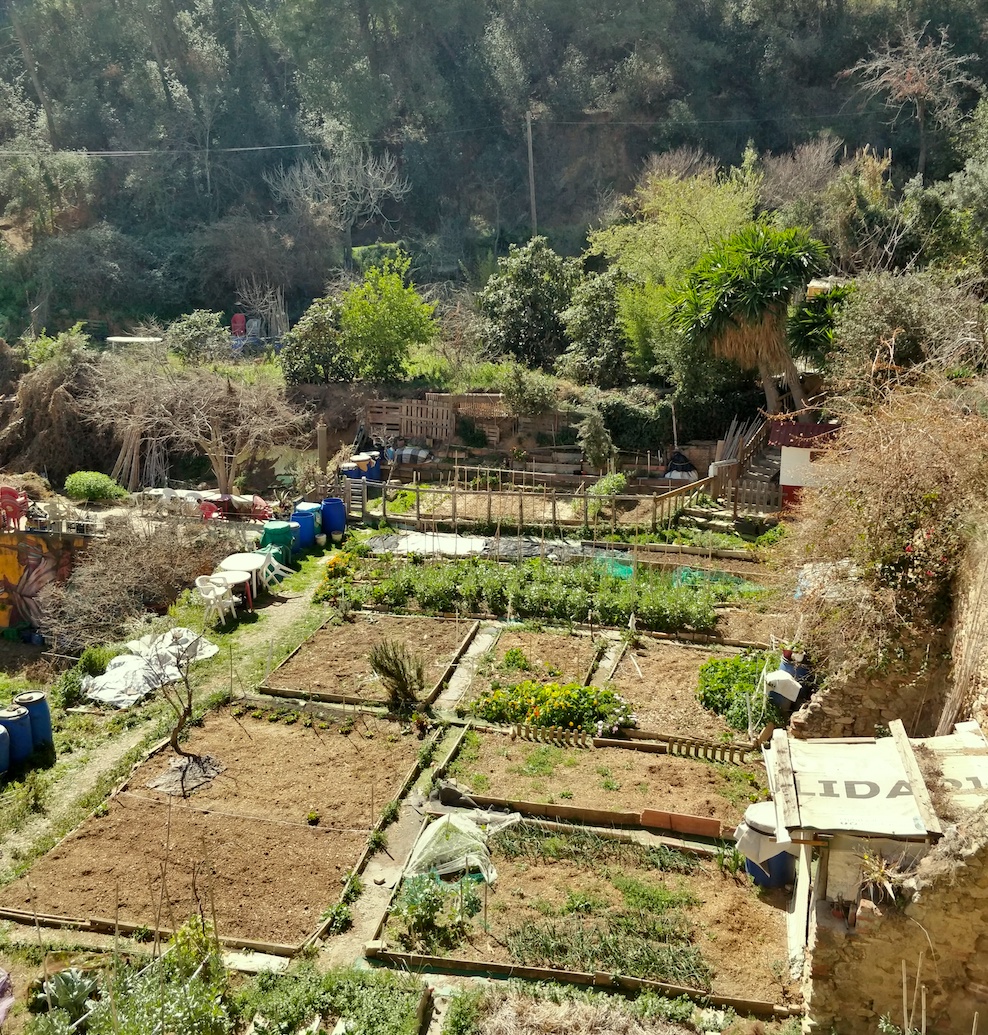
In the global pursuit of sustainable urban development, Barcelona has emerged as a pioneering city, leading the way in fostering a sustainable and healthy food

Rome’s transformative journey towards developing a comprehensive food policy reflects the profound influence of food on the city and its inhabitants. Inspired by international research
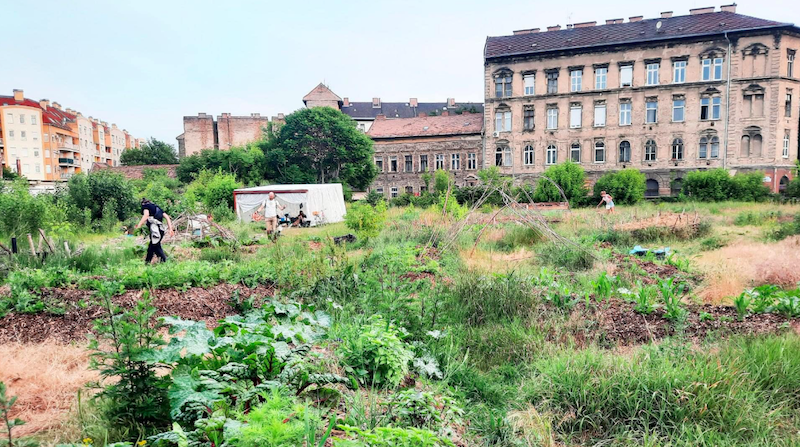
Right in the heart of an inner district in Budapest lies a 7700 square metre wild, at first sight untamed green space, sandwiched between unassuming
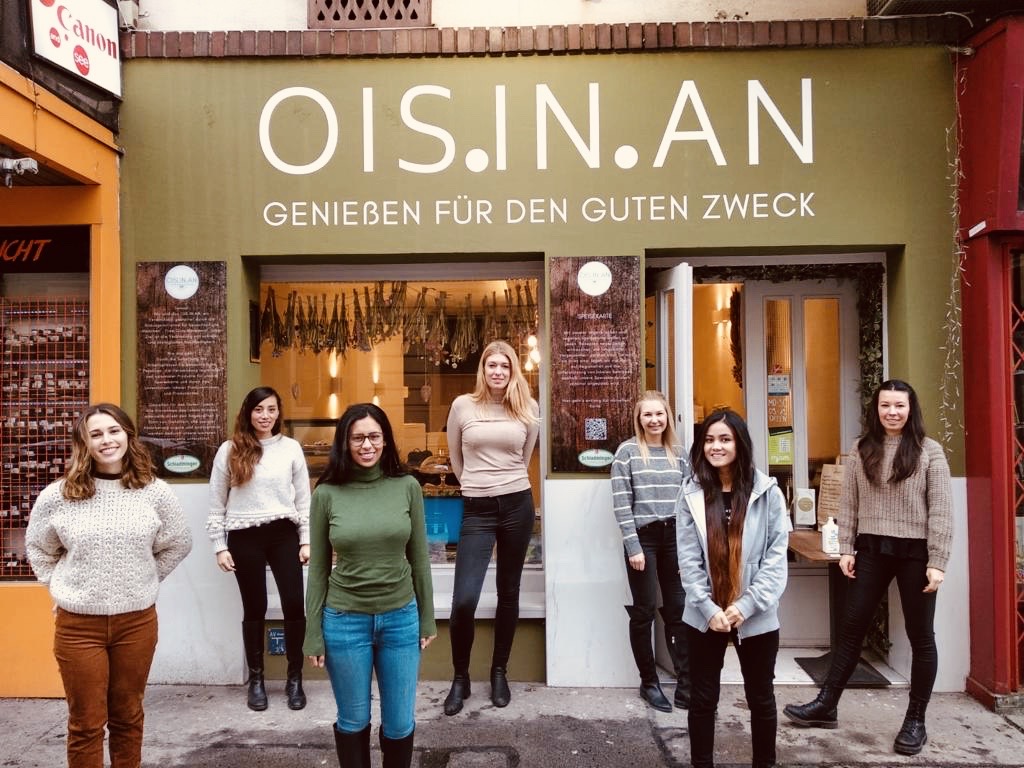
In the centre of Vienna, a small commercial space is trying to make a difference working with a social and sustainable oriented mission. Ois In
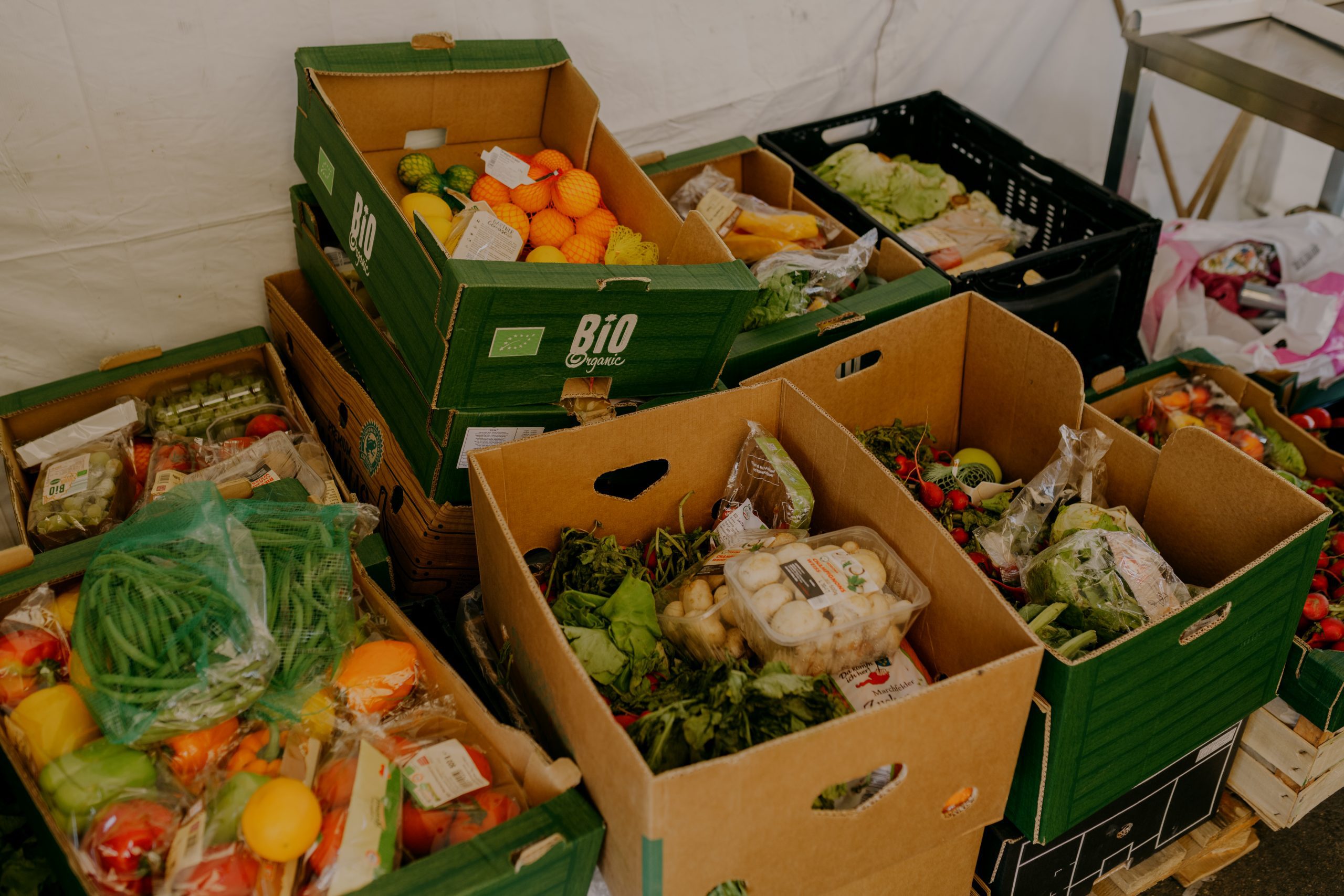
About one-third of the food produced worldwide gets thrown away[1]. Since its foundation in 1999, the Wiener Tafel has been providing social institutions such as
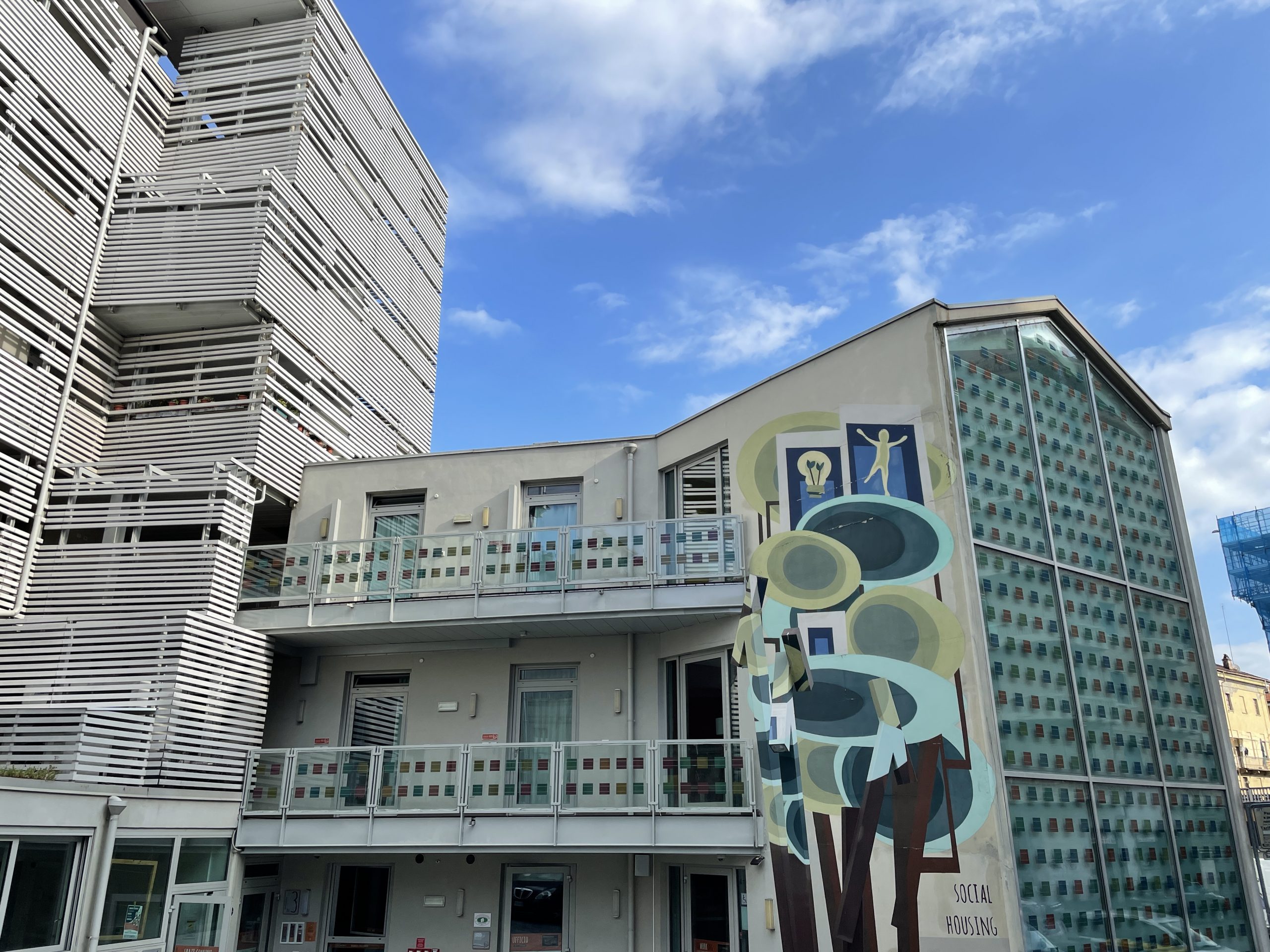
Right in the heart of Turin, just next to the remains of the Roman city walls and the Porta Palatina, one of the four ancient

Article by Levente Polyak for publicspace.org, a project by the CCCB. In 1748, the Italian architect Giambattista Nolli published an ichnographic plan of Rome, documenting
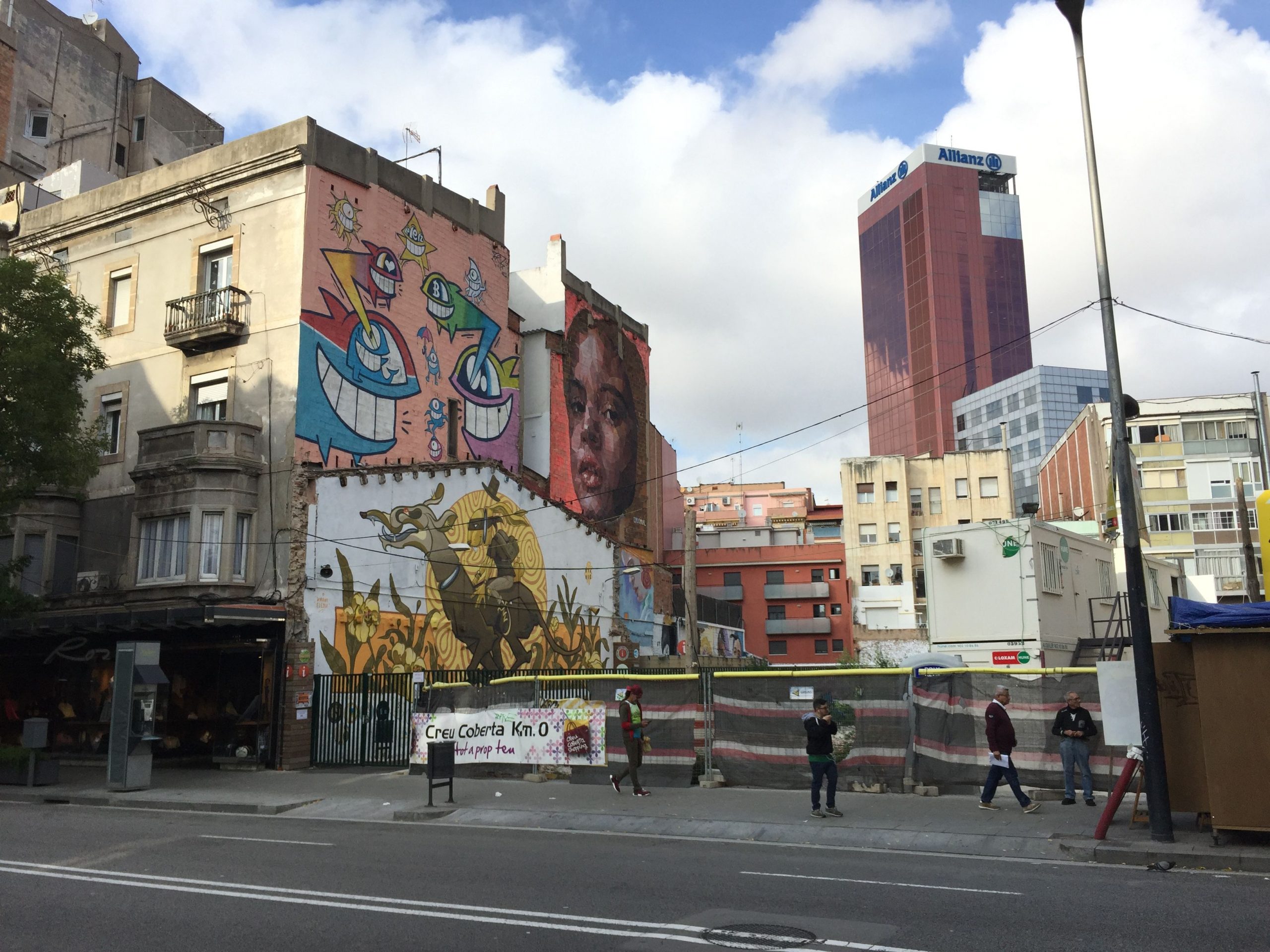
By Nikolas Kozloff To the extent that at least some people will be able to travel after the pandemic subsides, and haven’t gone bankrupt, how

A four-storey historical building in the heart of Vienna that houses bicycle, woodworking and sewing workshops, a restaurant serving international cuisine and a café hosting
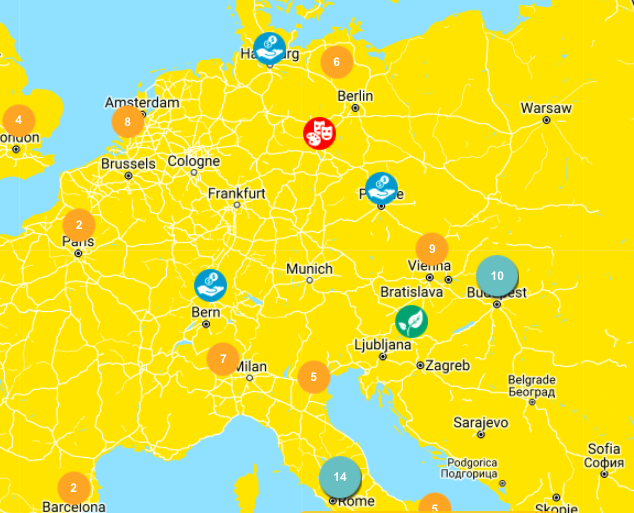
Realising the need to create international dialogue on handling the COVID-19 crisis at the local level, Eutropian launched a weekly webinar to connect activists and
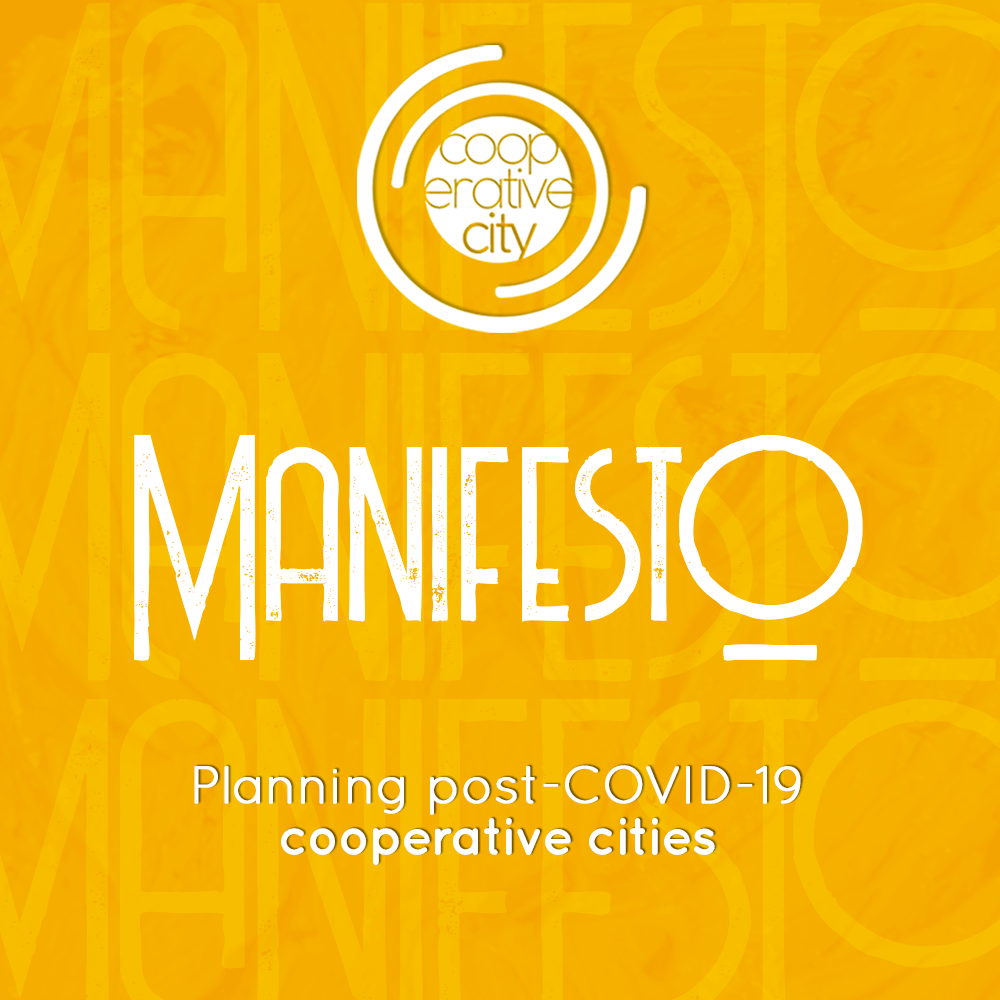
Planning post-COVID-19 cooperative cities Building on existing efforts towards social economy We advocate for existing knowledge, policy recommendations and financial resources to be geared towards

The COVID-19 crisis has exposed the vulnerability of many disadvantaged social groups. Among these groups, refugees and asylum-seekers are particularly at risk, with limited visibility

With the announcement of the lock-down due to the COVID-19 people in many cities literally assaulted the supermarkets to make sure they had enough stock

A Város Mindenkié, in English The City is for All, was established in 2009 to advocate for housing rights in Hungary. Homeless people, those experiencing

Dynamo Velostation was opened in 2015 with the support of the Incredibol tender promoted by the Municipality of Bologna. Behind Parco della Montagnola, few hundred

Das Packhaus is a project of Paradocks an international think- and do-tank for reuse of vacant buildings inVienna. Since 2014 Das Packhaus has been showing
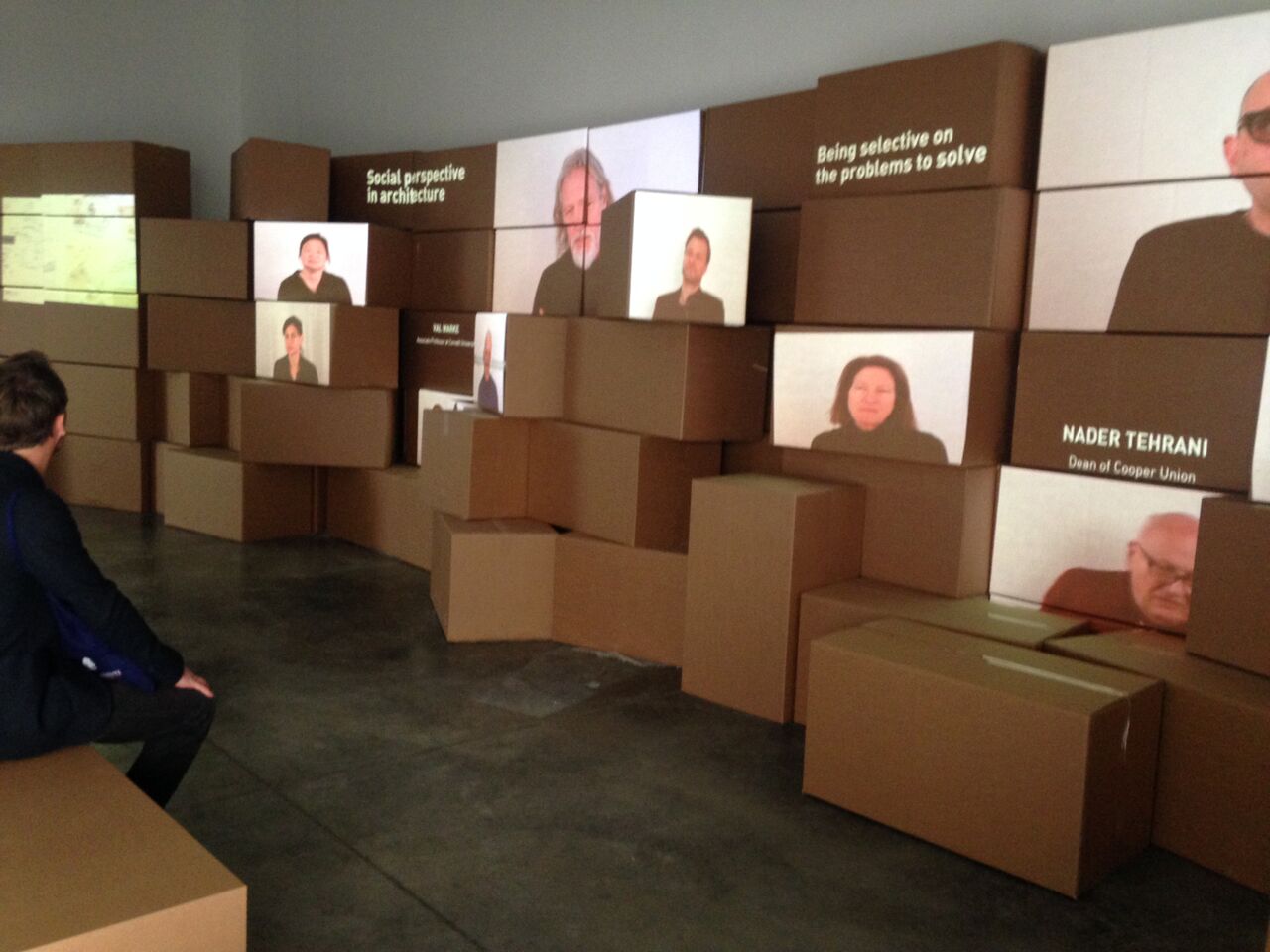
The US presidential election results came as a surprise to many of us especially because we hadn’t encountered any testament of sweeping support towards the
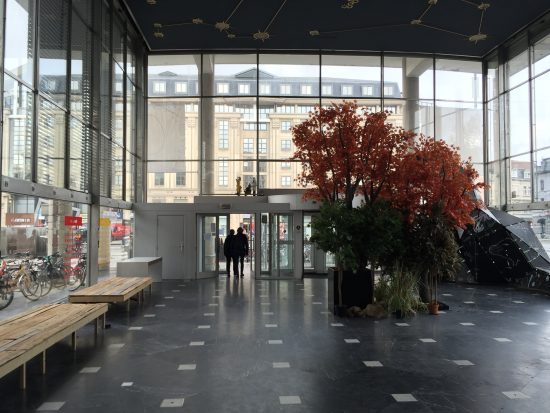
NEST is a temporary use project in the former City Library of Ghent awaiting refurbishment and a new use. The 7,000 m2 building, was given
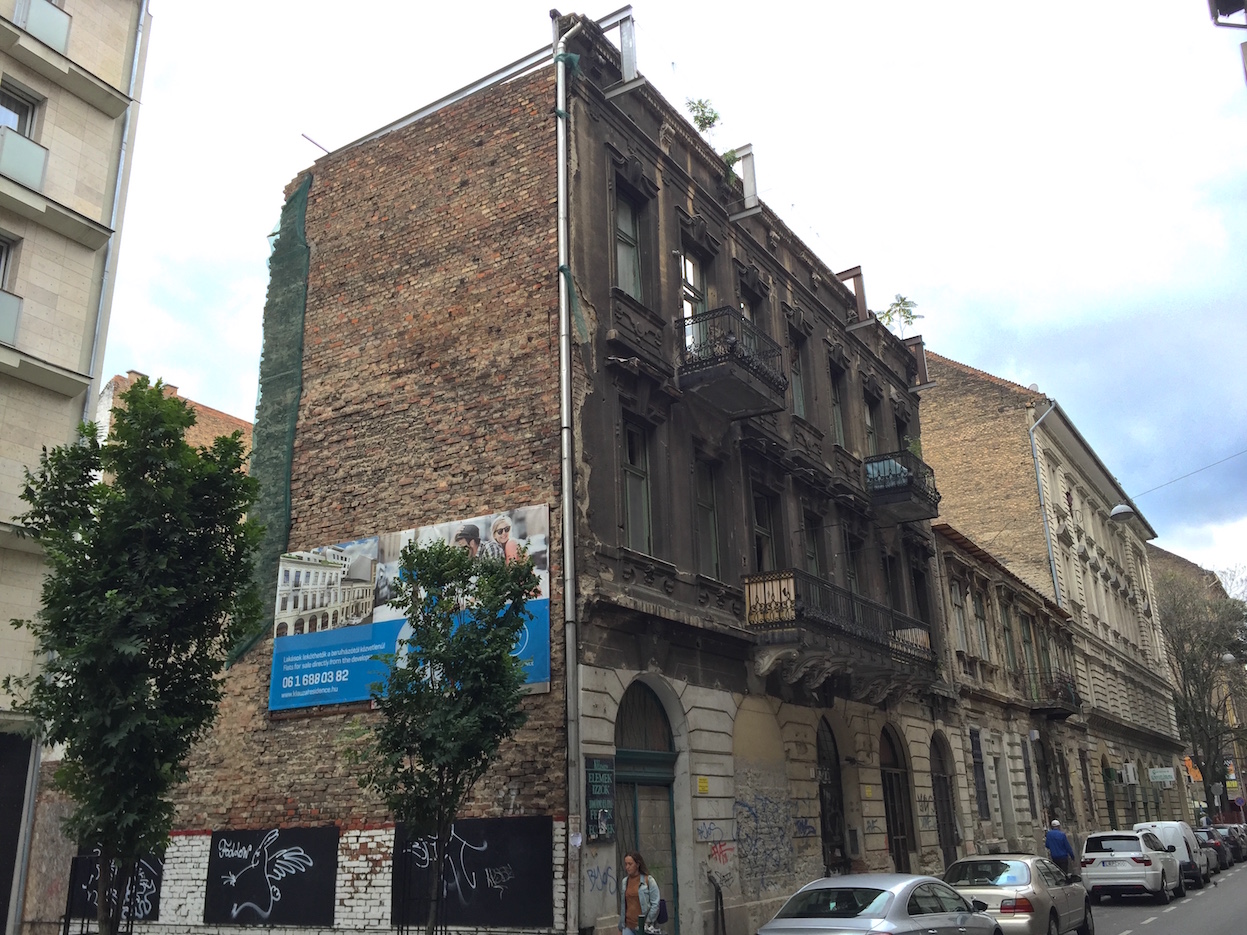
In the early 2000s, some cities in the Central Eastern European region began to introduce new mechanisms for citizen participation in urban development. These attempts
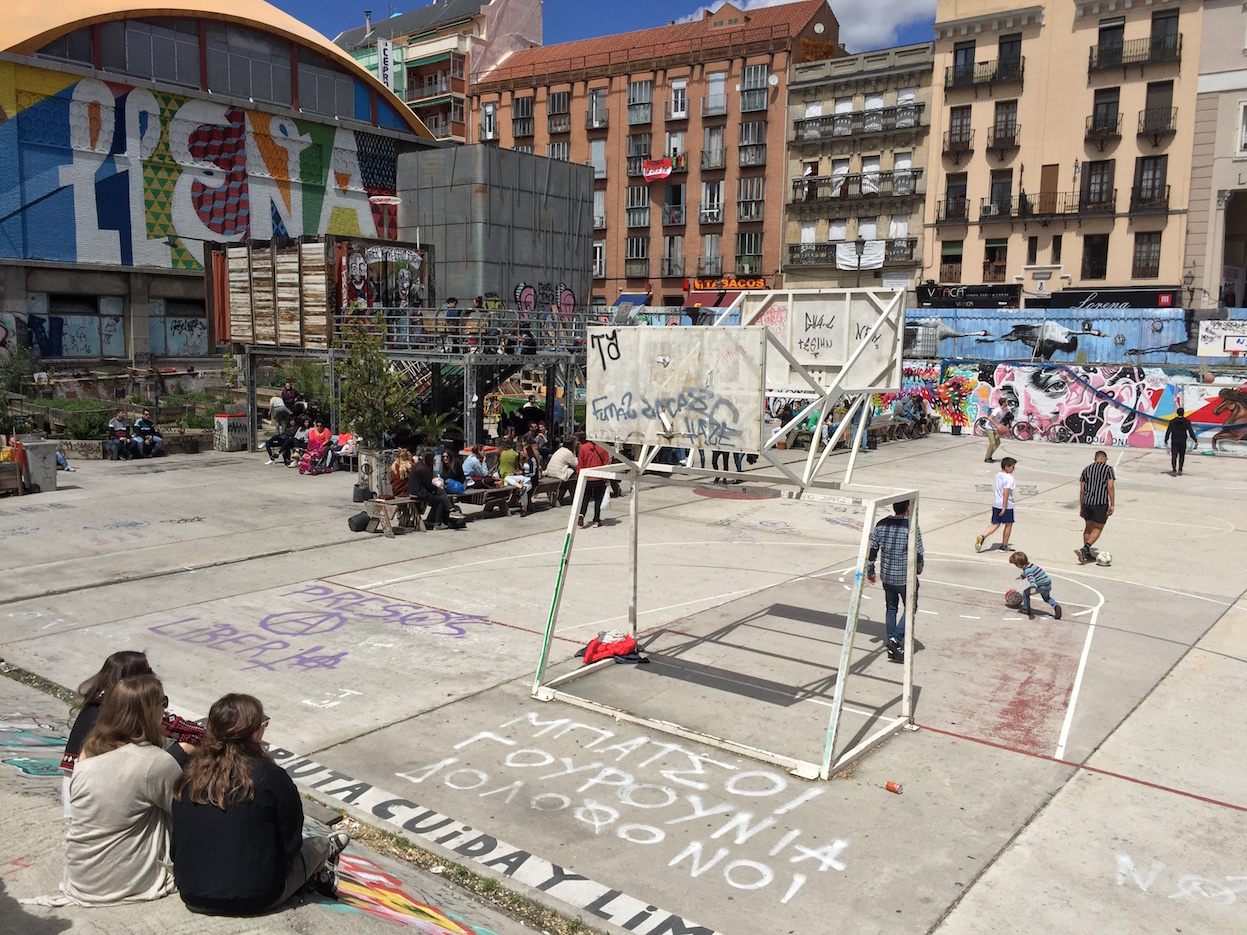
Southern European countries were among the hardest hit by the 2008 economic crisis. In response to the economic pressure, declining public services and drastic unemployment

Paralelní Polis is a community space organised around the notions of bitcoin and blockchain technology. Located in Prague’s upcoming Holesovice neighbourhood, it opened its doors

Responses to the economic crisis of 2007-2008, and ambitions to create autonomous systems of exchange generated hundreds of complementary currencies in the past decade. Created
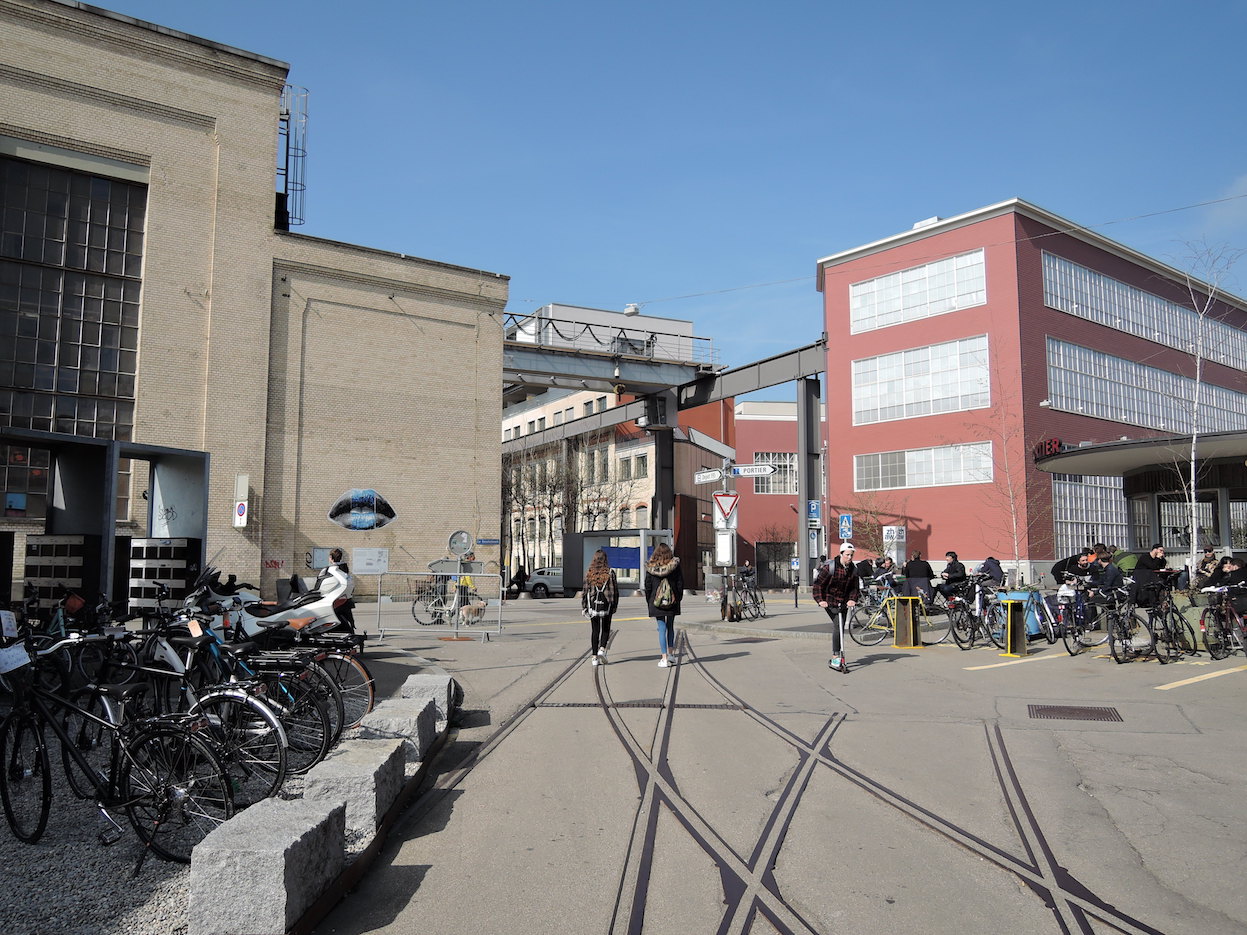
While affordable space for housing and community activities in Europe has traditionally been provided by states, public companies and private corporations, the transformation of the
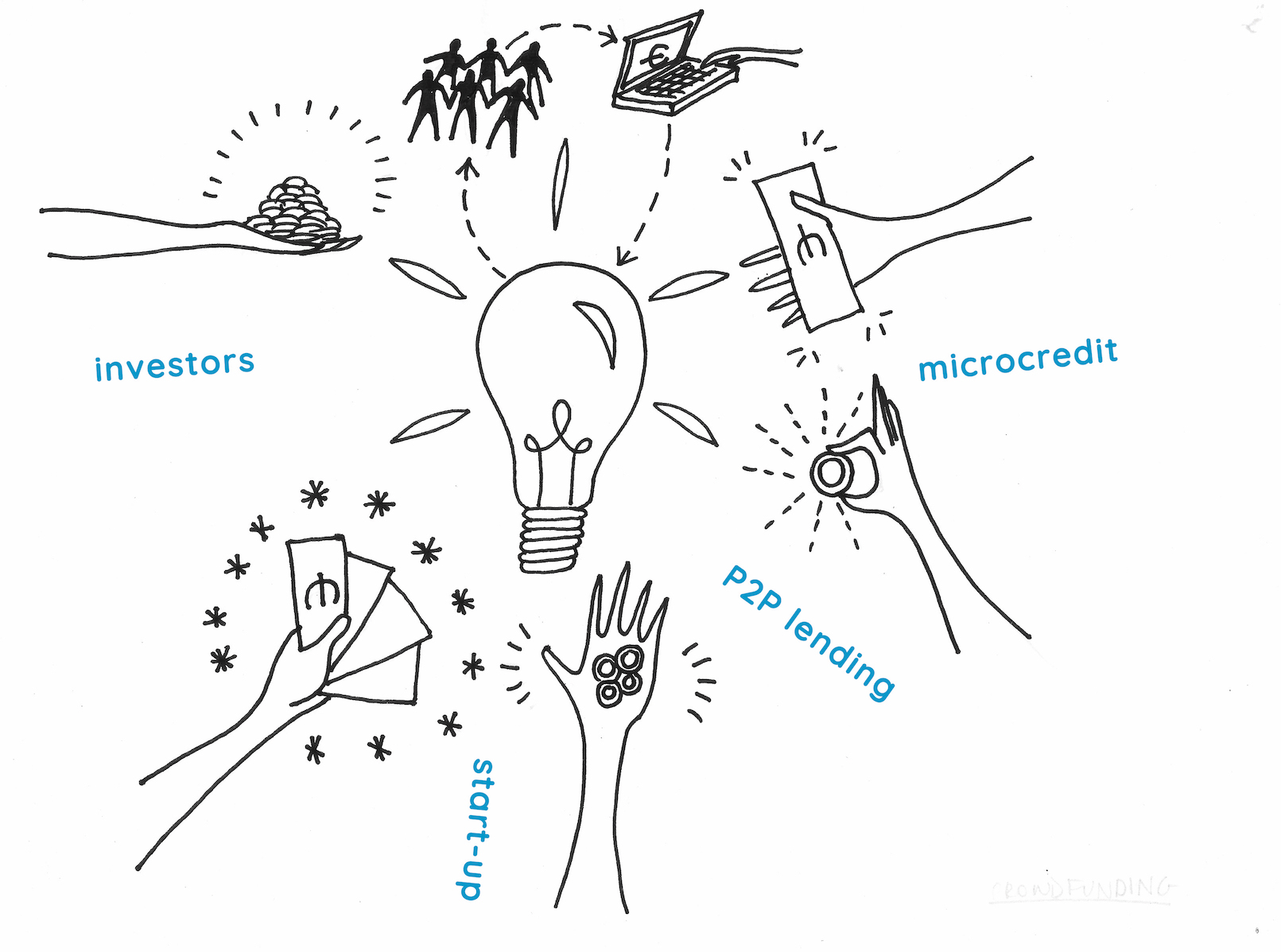
In the past years, civic crowdfunding has become an increasingly used tool by communities to help finance their urban infrastructure projects. However, while some legal

Granby Four Streets Community Land Trust was created in 2011 to address housing issues within Liverpool’s Eighth District. With the help of local activists, architects
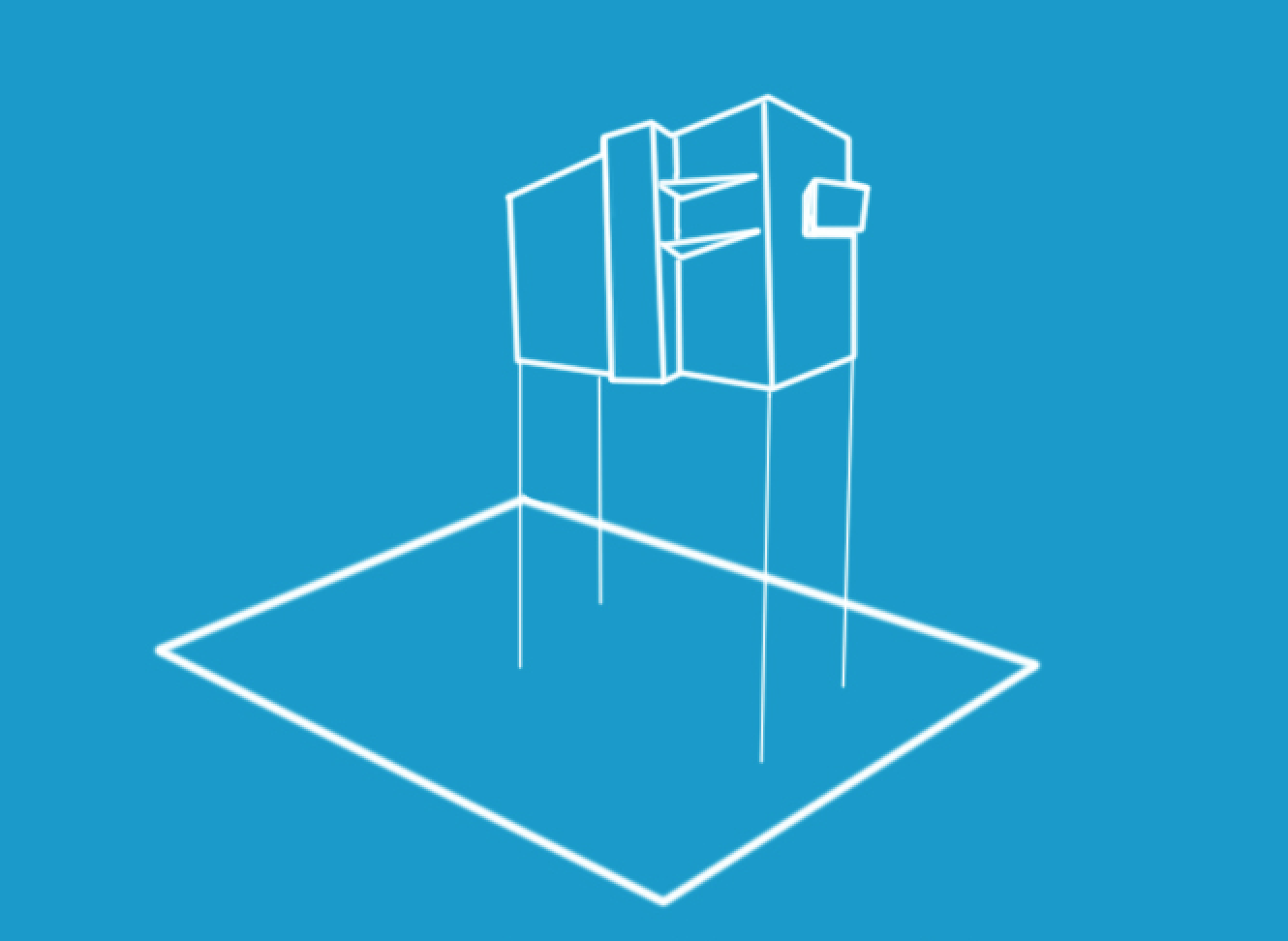
In the last decades, ownership has become a key factor of our societies and economies. As Thomas Piketty demonstrated in his recent book Capital in
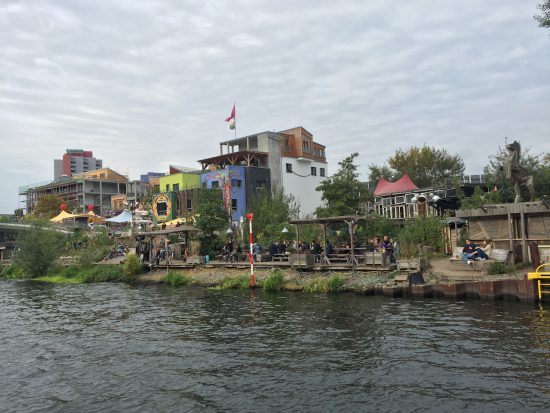
To a large extent, the global financial crisis of 2007-2008 was a result of excessive real estate speculation and the irresponsible management of investments and
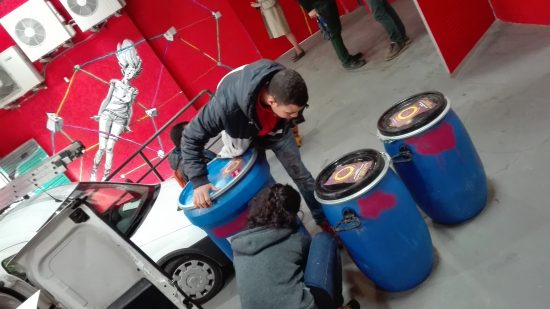
Madrid Agrocomposta is a circular economy project in Madrid, initiated by Plataforma Madrid Agroecológico, working on turning waste from food markets into compost to fertilise
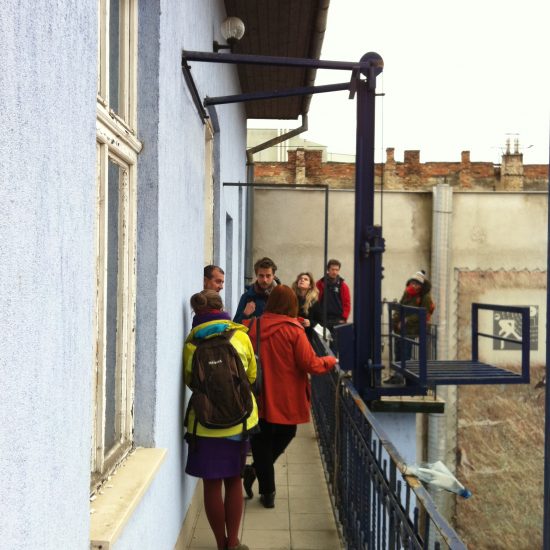
In 2011 a dozen young people retreated for a weekend to one of the suburbs of Hungary’s capital to discuss the alternatives of individual home-ownership,

Madrid Agrocomposta is a circular economy organisation in Madrid, working on turning waste from food markets into compost to fertilise agricultural land around the city.

Afrikaanderwijk Cooperative operates in South Rotterdam’s Feijenoord area. Evolved from an art project conducted in the area by the Freehouse Foundation, the Cooperative works on

Alianca Stará Tržnica is an NGO managing the Old Market Hall, a historic building in the centre of Bratislava. The building closed down after years
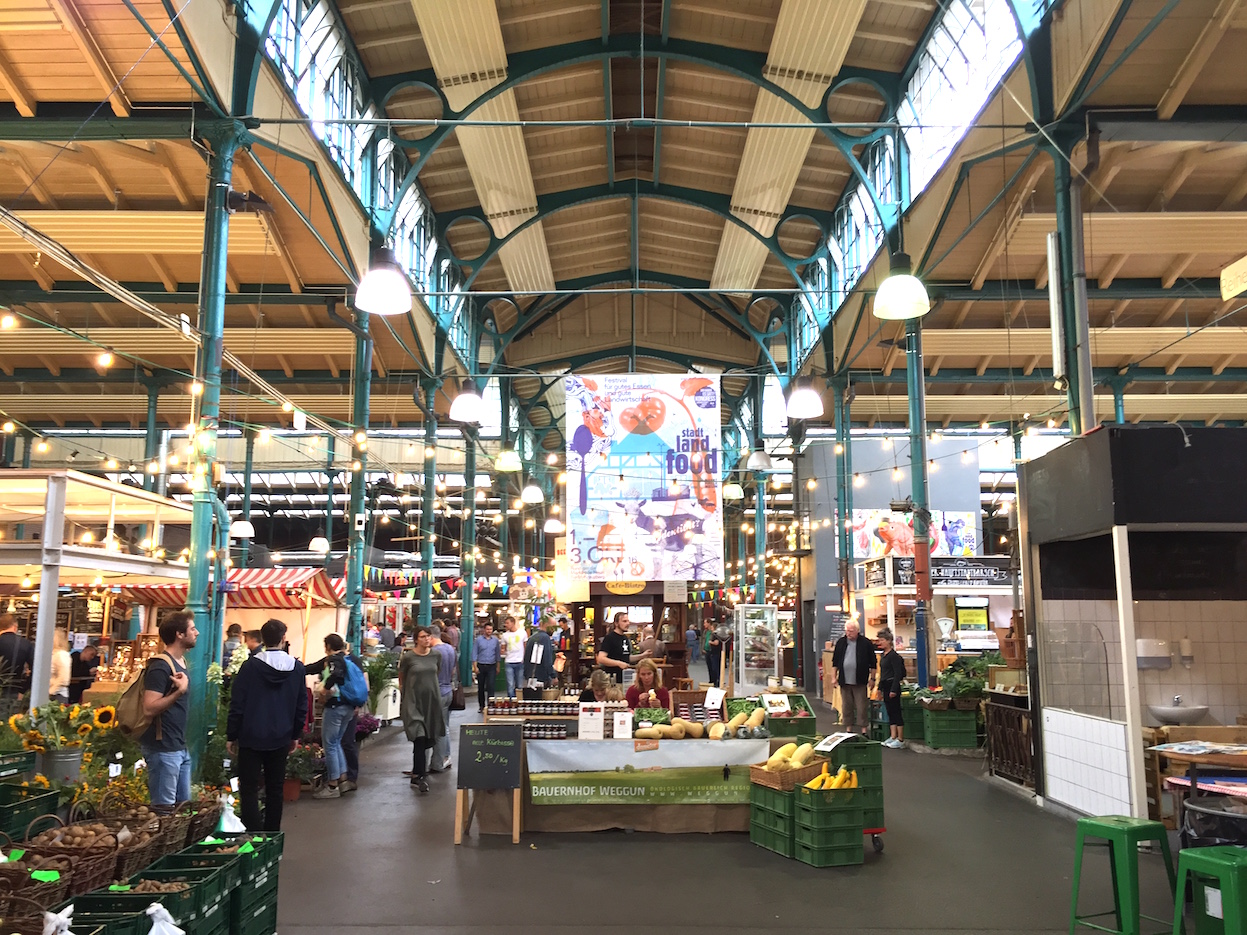
MarktHalle Neun, Market Hall Nine, is the ninth of the 14 market halls built in Berlin, of which 8 were destroyed during WW2. Originally the

Shopping online has become a common habit in our society. More and more people choose their products online and have become accustomed to this new
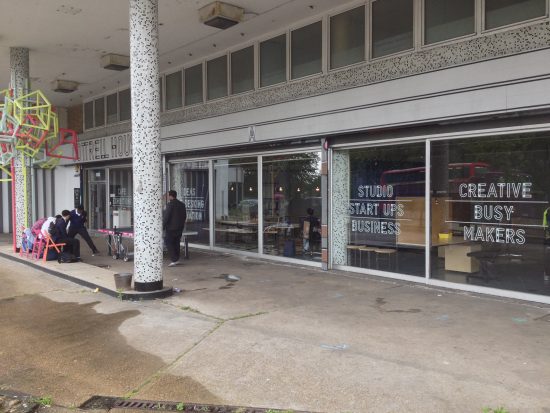
Temporary use is a learning process of accommodating innovation and adapting needs and capacities to available resources. It offers benefits to owners and users, in
© Copyright 2017 – 2025 by Eutropian GmbH. All rights reserved. I Imprint / Disclaimer | Data Privacy Policy | Contact
| Cookie | Duration | Description |
|---|---|---|
| cookielawinfo-checkbox-analytics | 11 months | This cookie is set by GDPR Cookie Consent plugin. The cookie is used to store the user consent for the cookies in the category "Analytics". |
| cookielawinfo-checkbox-functional | 11 months | The cookie is set by GDPR cookie consent to record the user consent for the cookies in the category "Functional". |
| cookielawinfo-checkbox-necessary | 11 months | This cookie is set by GDPR Cookie Consent plugin. The cookies is used to store the user consent for the cookies in the category "Necessary". |
| cookielawinfo-checkbox-others | 11 months | This cookie is set by GDPR Cookie Consent plugin. The cookie is used to store the user consent for the cookies in the category "Other. |
| cookielawinfo-checkbox-performance | 11 months | This cookie is set by GDPR Cookie Consent plugin. The cookie is used to store the user consent for the cookies in the category "Performance". |
| viewed_cookie_policy | 11 months | The cookie is set by the GDPR Cookie Consent plugin and is used to store whether or not user has consented to the use of cookies. It does not store any personal data. |
